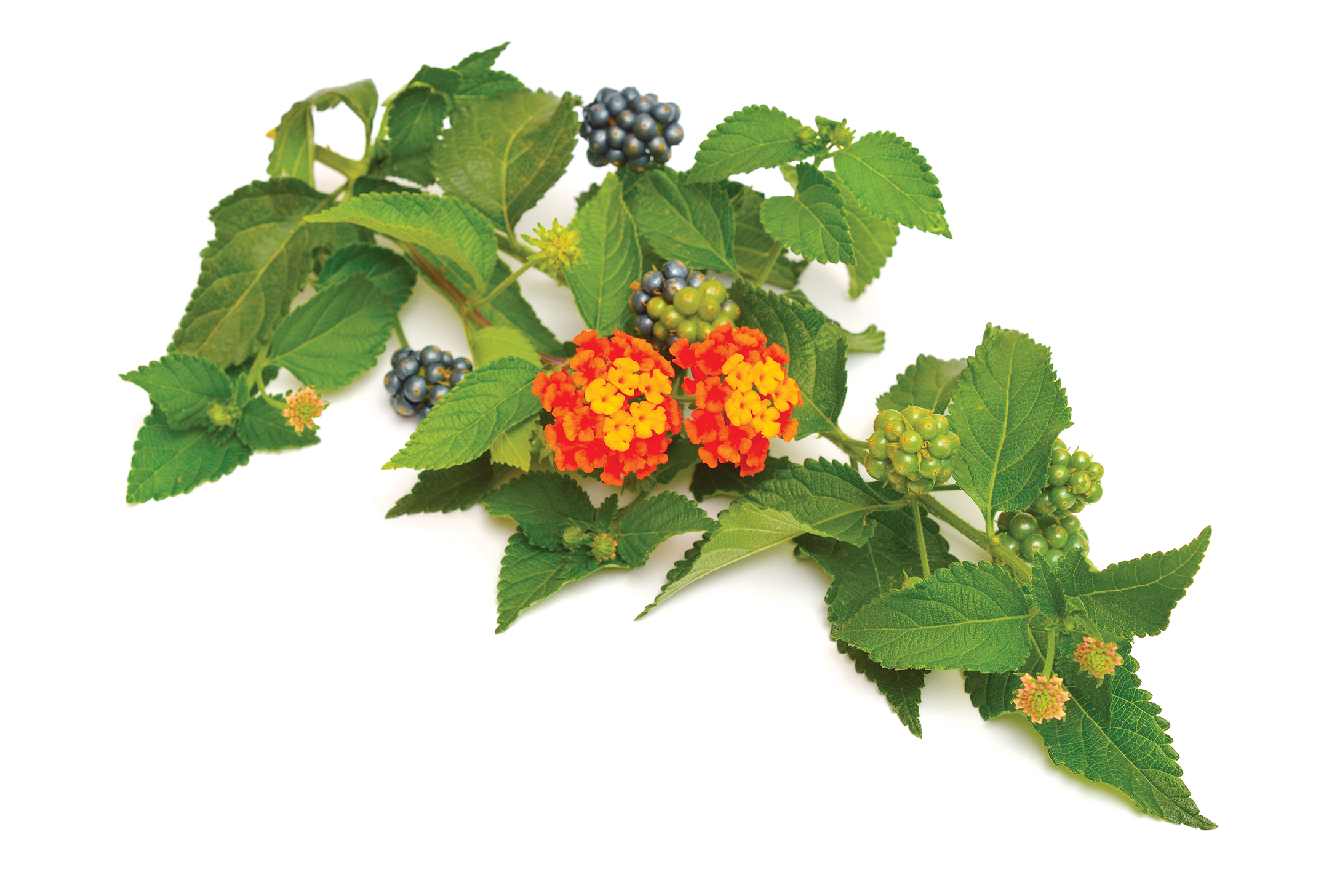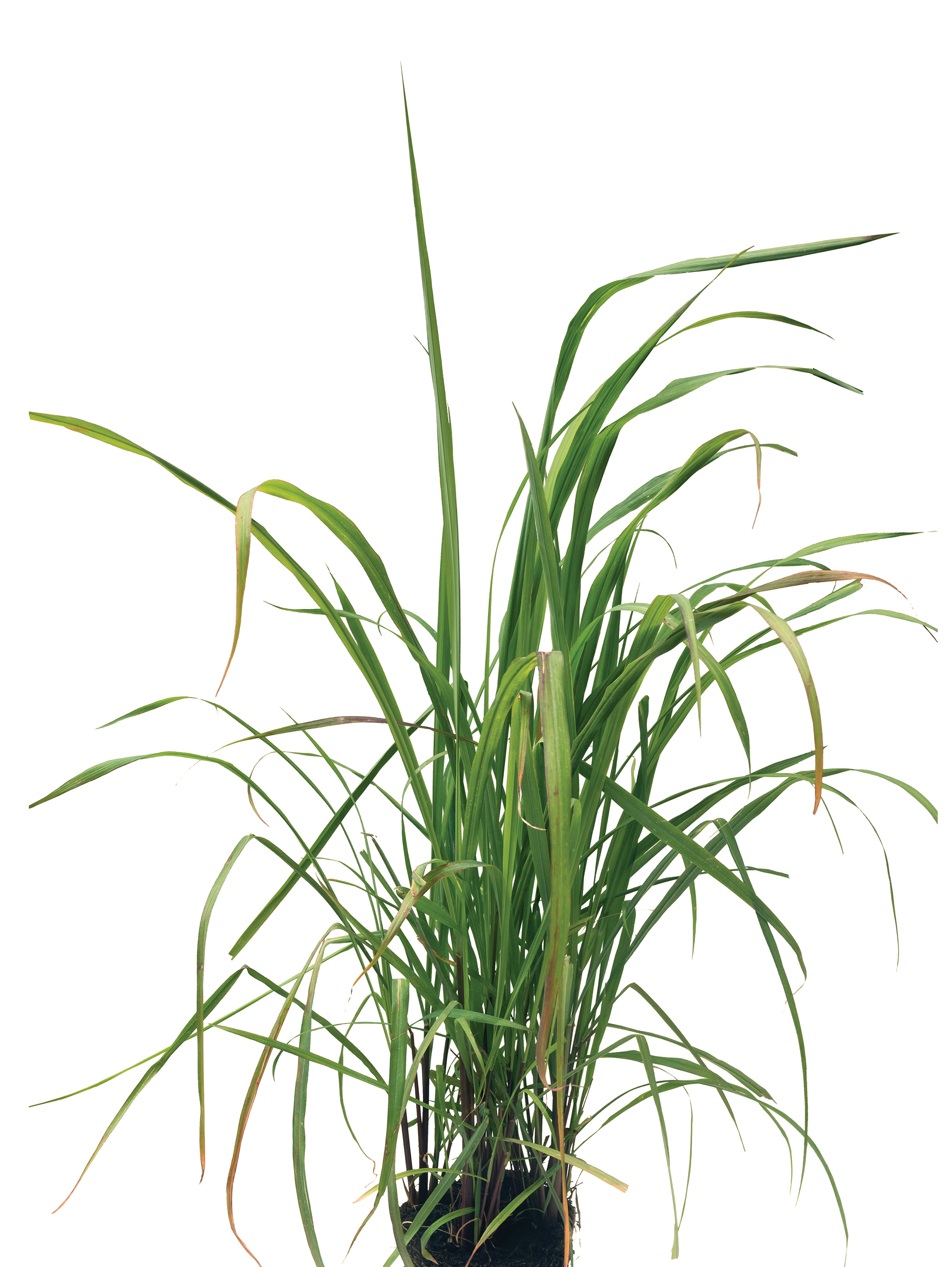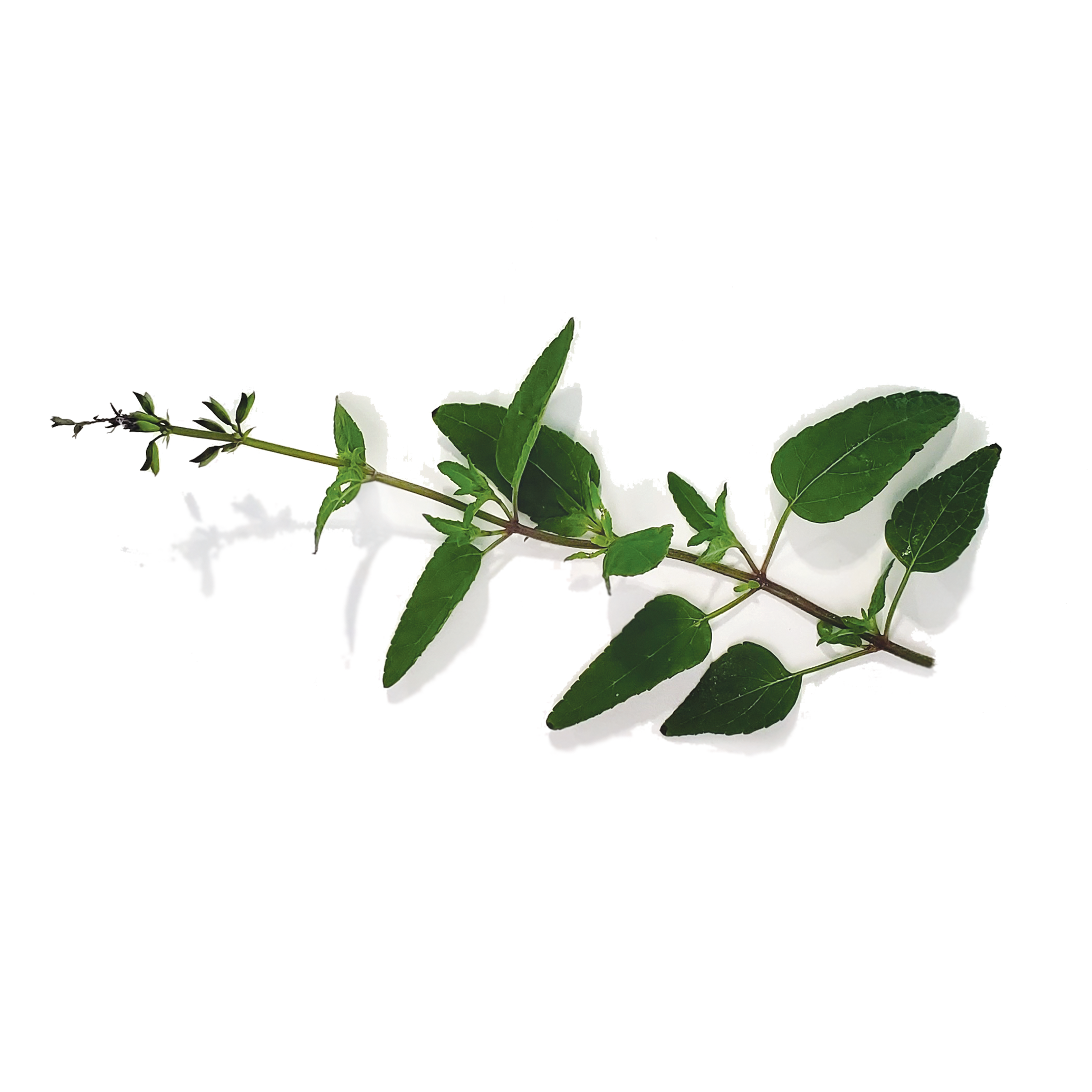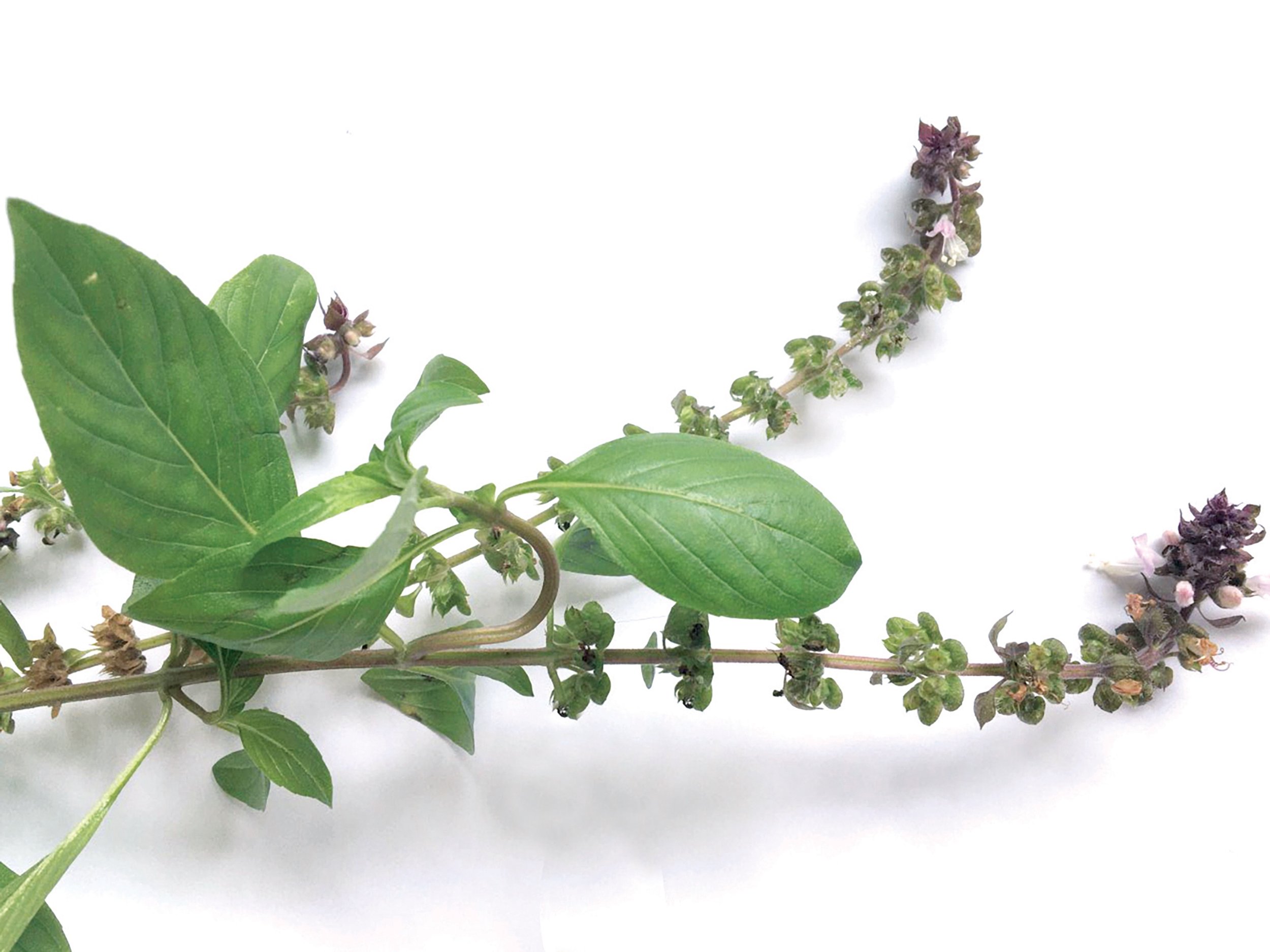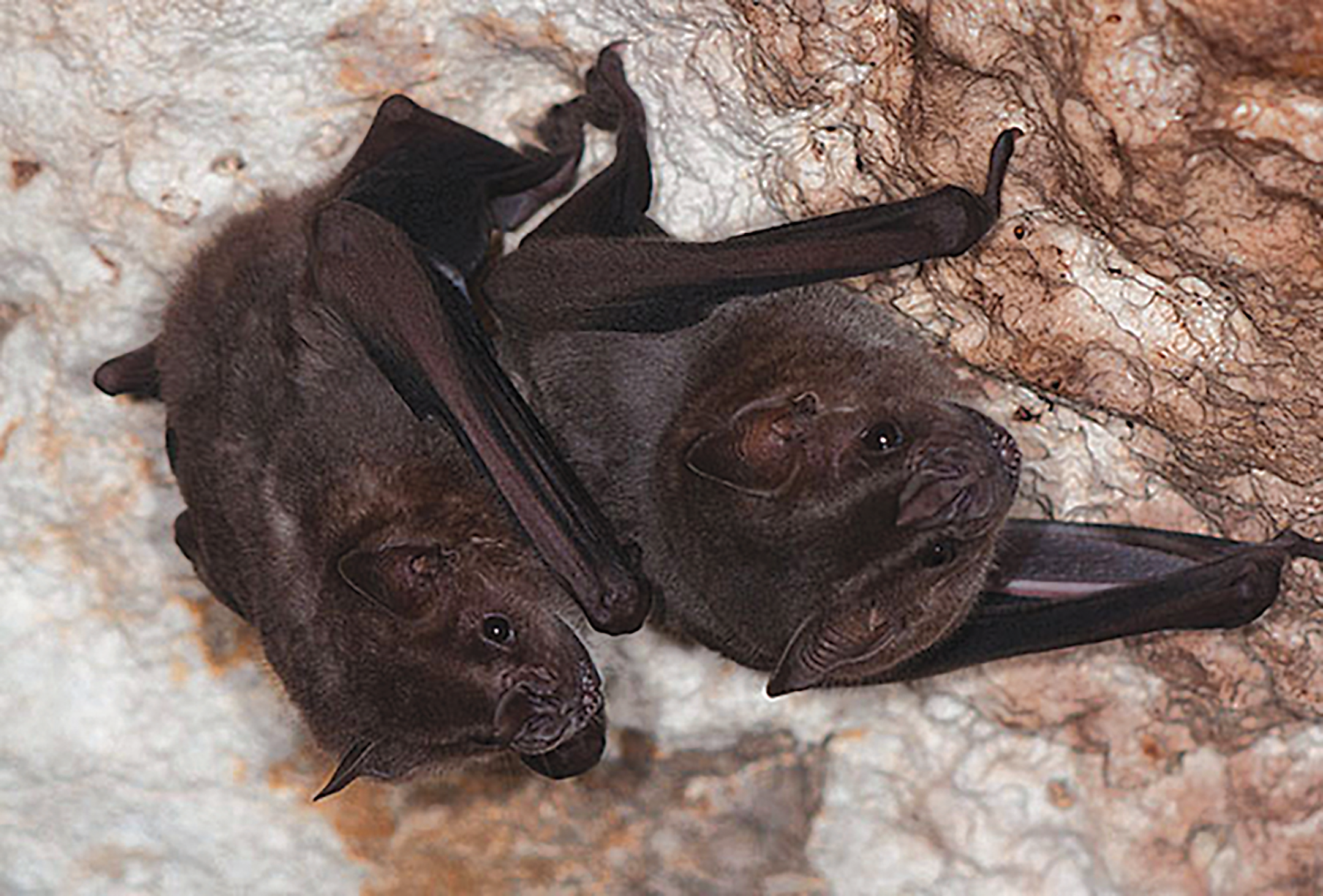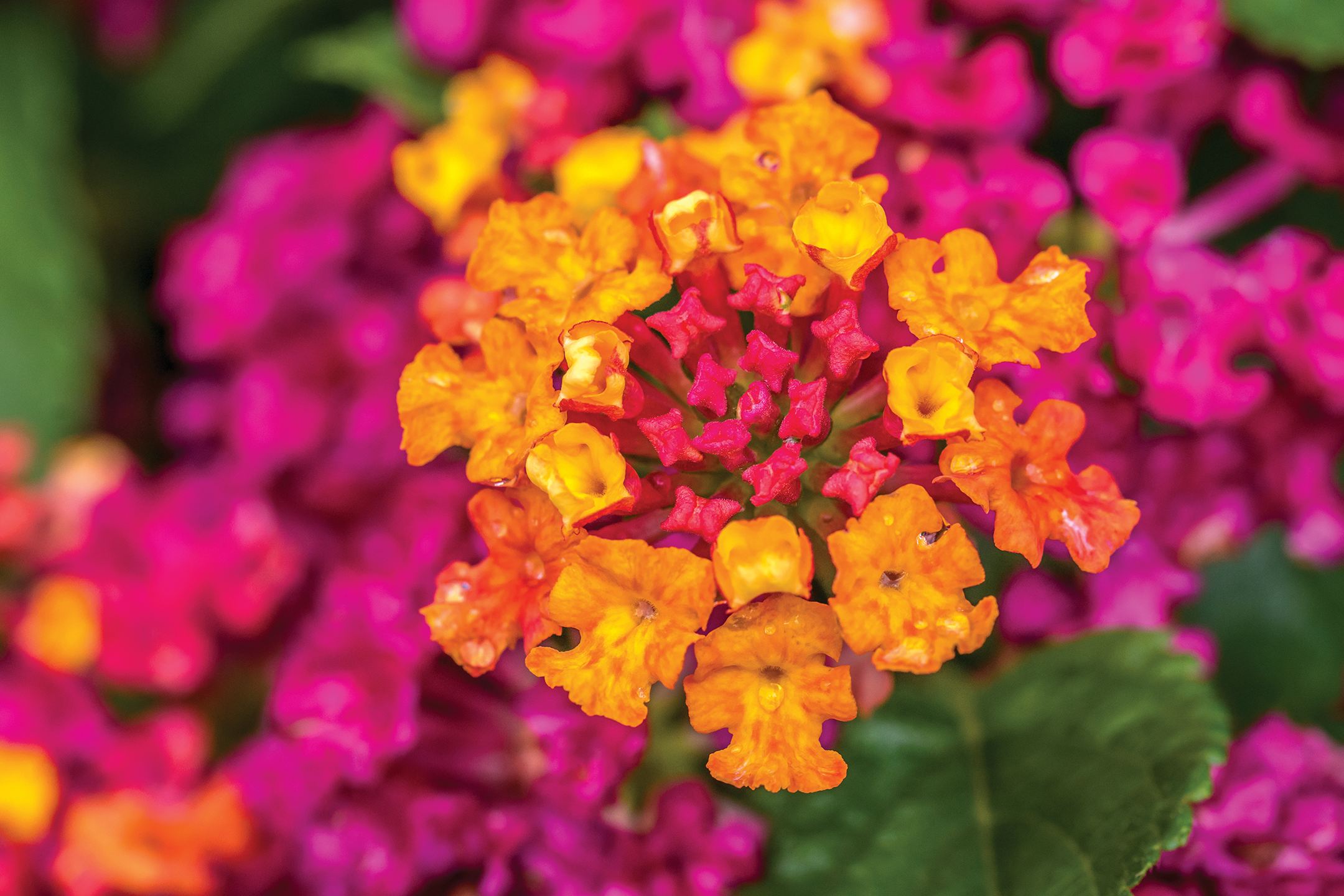
REAL REPORT | BUZZ OFF | NATIVE NATURAL REPELLENTS
REAL REPORT | BUZZ OFF | NATIVE NATURAL REPELLENTS
Words by Hannah Reid, www.bushgirlmedicine.com
It’s a beautiful evening: the day’s heat is giving way to the gathering dusk, and a cool breeze stirs the trees. That’s when you hear it – a persistent, whining buzz. Then, you feel it – the itchy sting of a mosquito.
In the early days of the Cayman Islands’ history, the mosquitoes were so bad that older Caymanians describe being able to grab them by the handful. There were reports of livestock being smothered at night by the unrelenting swarms.
According to the Mosquito Research and Control Unit (MRCU), which has been leading the fight against these buzzing bloodsuckers for almost 60 years, there are approximately 35 species of mosquitoes in the Cayman Islands.
In the days before MRCU, residents’ chief weapon against the hordes of mosquitoes was the humble ‘smoke pan’ or ‘smoke pot’: a metal pan or pot with a handle filled with kindling and wood that produced thick smoke when burned.
Smoke pots were an essential companion to any kind of work in the yard, porch, or provision ground – particularly in the early or twilight hours and following rain.
While we – thankfully – do not need to rely on smoke pots in the Cayman Islands anymore, there are still a few of the bothersome bugs about. One way to keep them at bay without chemicals is to plant some natural, native insect-repelling plants in your garden. Most mosquito-repelling plants work by releasing scented oils when rubbed or crushed, so plant them in high-traffic areas where they are more likely to be disturbed.
LANTANA
The Cayman Islands is home to several species of Lantana, a genus known for its round clusters of small, brightly coloured flowers ranging from yellow, pink and orange to white. Scientific studies confirm its natural mosquito-repelling qualities, and it will attract other welcome pollinators like bees and butterflies to your yard.
FEVER GRASS
Not just a delicious medicinal tea, Fever Grass or Lemon grass (Cymbopogon citratus) contains known mosquito-repelling essential oils, including lemon grass oil, geraniol and citronella.
BASIL
The Sweet Basil (Ocimum basilicum) used in cooking contains several compounds
that can help deter mosquitoes. The Cayman Islands is also home to a native Tea Basil (Ocimum campechianum), which has been found to contain similar essential oils. Just brushing against this plant gives off a strong, sweet scent.
SAGE
The culinary Sage (Salvia officinalis) is another kitchen herb with strong mosquito-fighting properties. Grand Cayman is home to the critically endangered, endemic Cayman Sage (Salvia caymanensis). Although this specific species has yet to be studied for its medicinal properties, several other species of Salvia have demonstrated significant repellent activity in scientific studies.
BATS
If your yard is big enough, bringing bats into your garden might be easier than you think. According to the National Trust for the Cayman Islands, a single insect-eating bat can consume up to 2,000 insects per night. As our islands’ only native mammal, bats play an important role in seed dispersal and pollination. Bats also produce guano which can be used as a fertiliser.
For more local gardening tips visit Bush Girl Medicine www.bushgirlmedicine.com or Vigoro at www.vigoro.ky
To learn more about bat boxes contact the National Trust for the Cayman Islands.
For more local gardening tips visit Bush Girl Medicine www.bushgirlmedicine.com or Vigoro at www.vigoro.ky
To learn more about bat boxes contact the National Trust for the Cayman Islands.

